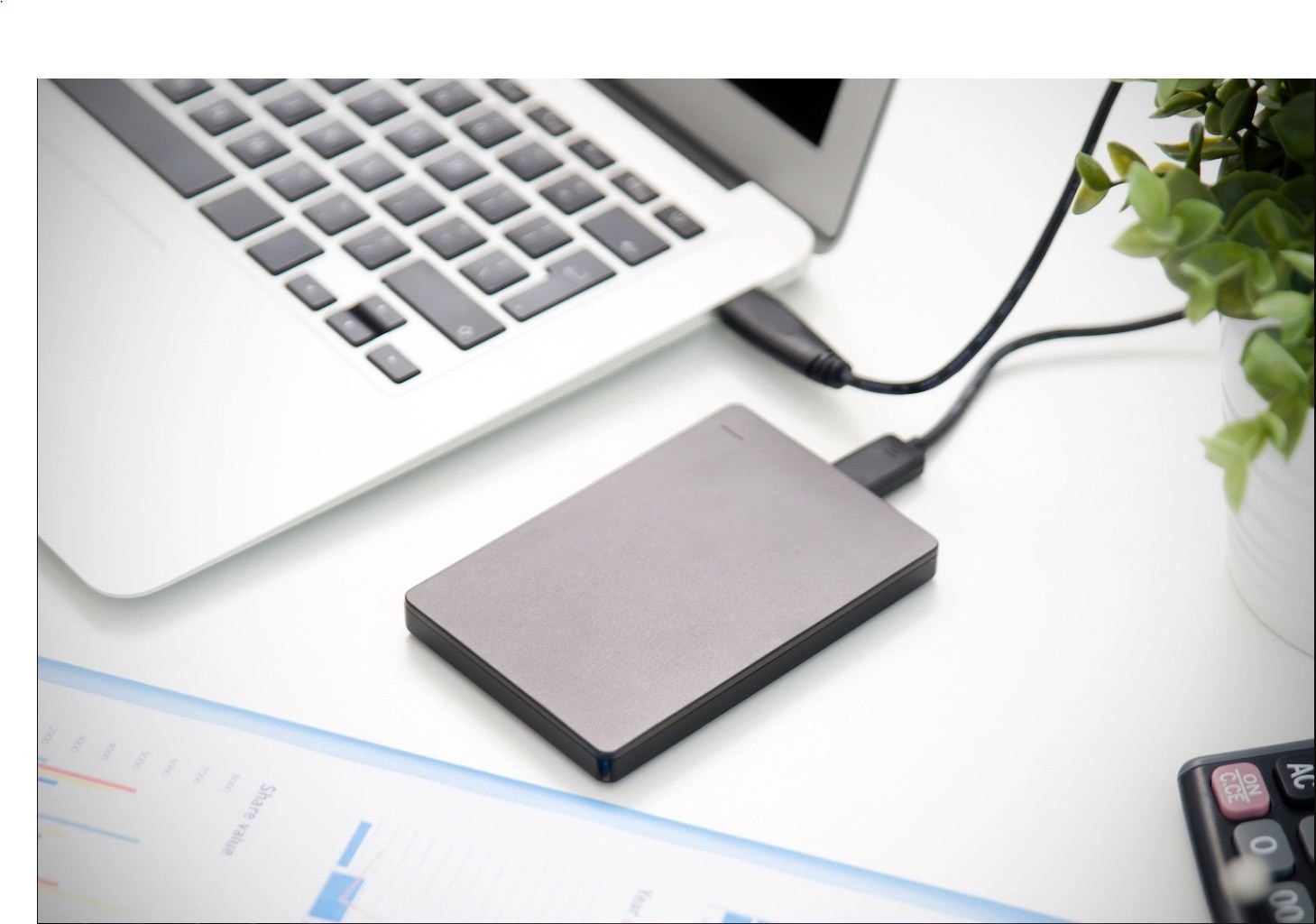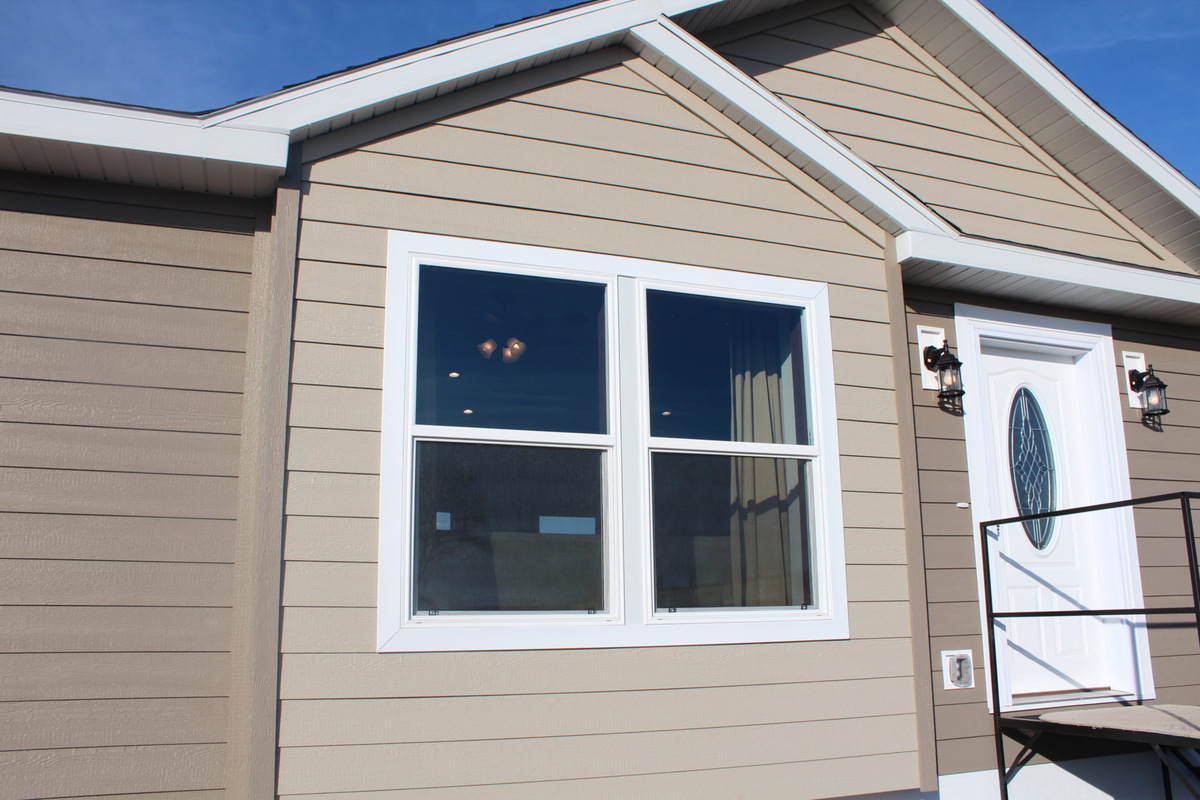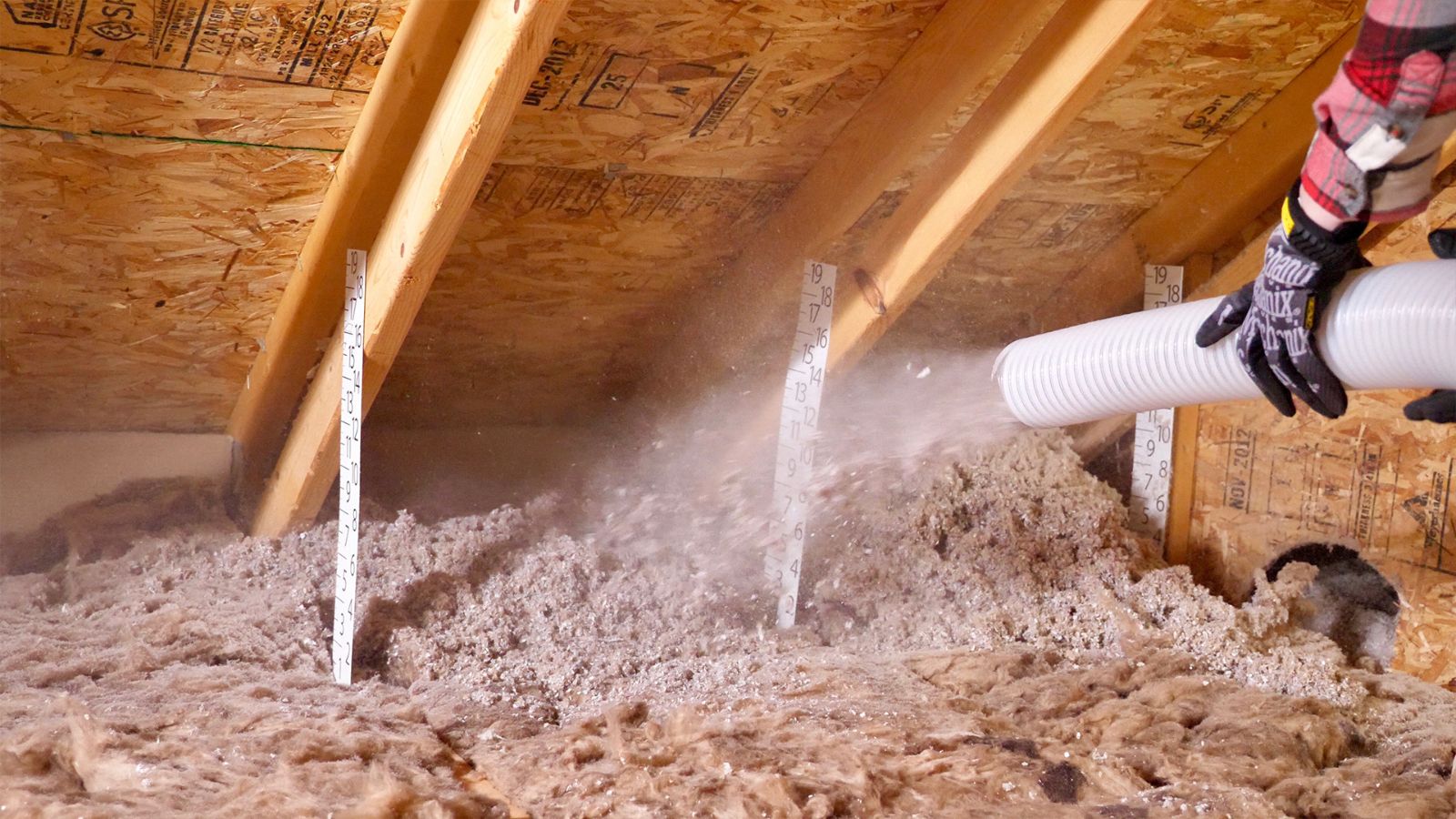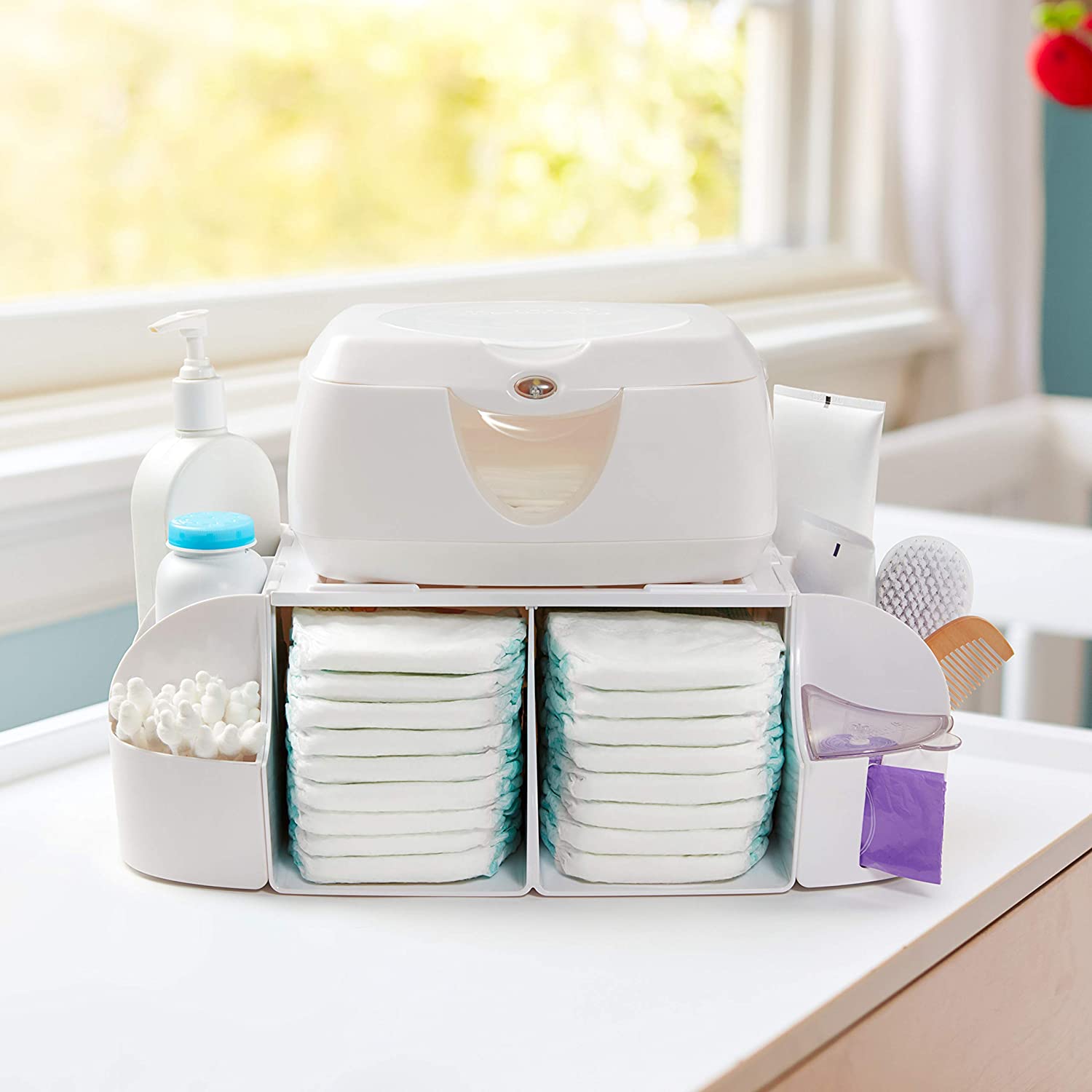

Articles
How Much Storage Do I Need On A Laptop
Modified: January 21, 2024
Discover how much data storage you need on a laptop and make an informed decision. Get expert advice on choosing the right storage capacity for your needs.
(Many of the links in this article redirect to a specific reviewed product. Your purchase of these products through affiliate links helps to generate commission for Storables.com, at no extra cost. Learn more)
Introduction
When shopping for a new laptop, one of the important factors to consider is how much storage you need. The amount of storage on your laptop determines how much data you can store, including files, photos, videos, and applications. Having enough storage ensures that you can keep all your important files and media easily accessible, without having to constantly delete or transfer them to external storage devices.
However, determining the right amount of storage can be a bit challenging, as it depends on a variety of factors. In this article, we will explore the factors to consider and provide guidance on how to determine the ideal storage capacity for your laptop.
Key Takeaways:
- Assess your current and future storage needs by considering file types, usage patterns, and software requirements. Balance performance, capacity, and budget when choosing between HDDs, SSDs, and hybrid drives for your laptop.
- Explore cloud storage, external storage options, and potential future upgrades to optimize your laptop’s storage capabilities. Choose a capacity that accommodates your files while adapting to changing needs.
Read more: How Much Ssd Storage Do I Need
Factors to Consider
When determining how much storage you need on a laptop, there are several factors to consider. These factors will help you assess the type and amount of files you will be storing, your usage patterns, and any specific software requirements you may have.
Types of Files: Consider the types of files you will be working with on your laptop. If you primarily deal with documents, spreadsheets, and presentations, you may not require as much storage compared to someone who works extensively with large media files such as videos or graphic design projects. Take into account the file sizes of your typical work and personal files.
Usage Patterns: Your usage patterns play a significant role in determining how much storage you need. Are you a casual user who uses a laptop for web browsing, email, and light media consumption? Or are you a professional who regularly works on resource-heavy tasks such as video editing, 3D modeling, or gaming? The more demanding your usage patterns are, the more storage you will need to accommodate the files and software associated with your specific tasks.
Software Requirements: Certain software applications, especially resource-intensive ones like video editing software or virtual machines, require a significant amount of storage to run smoothly. It’s important to consider any specific software requirements you have and factor in the additional storage space they may need. Check the system requirements of the software you plan to use and ensure that your storage capacity meets or exceeds their recommendations.
By considering these factors, you will have a better understanding of the type and amount of files you will be dealing with, your usage patterns, and any software requirements that may impact your storage needs. This information will guide you in choosing the appropriate storage capacity for your laptop.
Storage Options
When it comes to storage on laptops, there are primarily three main options available: Hard Disk Drives (HDD), Solid State Drives (SSD), and Hybrid Drives. Each of these options offers its own advantages and considerations, and understanding their differences can help you make an informed choice.
Hard Disk Drives (HDD): HDDs are the traditional storage devices found in laptops. They use spinning magnetic disks to store data. HDDs generally offer larger storage capacities at a lower cost compared to SSDs. They are suitable for users who require a lot of storage space and are not as concerned with speed. However, HDDs are slower in terms of data access and transfer rates compared to SSDs.
Solid State Drives (SSD): SSDs, on the other hand, use flash memory to store data. They are significantly faster than HDDs and provide faster boot-up times, quicker application loading, and improved overall system responsiveness. SSDs are more durable as they have no moving parts, making them less susceptible to physical damage caused by shock or vibration. Although SSDs generally have smaller storage capacities compared to HDDs, they offer a great balance of speed and reliability, making them ideal for users who prioritize performance.
Hybrid Drives: Hybrid drives, as the name suggests, combine the features of both HDDs and SSDs. They consist of a traditional spinning HDD with a smaller SSD cache. The idea is to store frequently accessed files and applications on the SSD portion for faster access, while less-used data resides on the HDD. Hybrid drives offer a compromise between the speed of an SSD and the storage capacity of an HDD. They are a good option for users who want a balance between performance and storage capacity within a limited budget.
Consider your priorities, such as speed, storage capacity, and budget, when deciding between these storage options. SSDs are generally recommended for improved performance, while HDDs or hybrid drives may be more suitable if you require larger storage capacities or have budget constraints.
Storage Capacities
The storage capacity of a laptop determines how much data you can store on your device. It is important to choose a storage capacity that aligns with your needs and accommodates your files, applications, and future growth. Here are some common storage capacities available for laptops:
128GB: Laptops with 128GB of storage are suitable for light users who primarily use their devices for web browsing, streaming, and basic document editing. This capacity is often found in budget-friendly laptops or Chromebooks. While it may suffice for basic tasks, it can quickly fill up if you have a large media library or require software with larger file sizes.
256GB: Laptops with 256GB of storage provide a balance between affordability and storage space. They are suitable for users who require more storage for their files, applications, and media. This capacity is commonly found in mid-range laptops and is a good choice for students, professionals, and general users who engage in a variety of tasks.
512GB: 512GB of storage offers a substantial amount of space and is suitable for users who have larger file collections or use resource-intensive applications. If you work with large media files, such as editing videos or storing a large music library, this capacity will provide ample room. It is often found in high-end laptops designed for professional use or those who require robust storage capabilities.
1TB: For users who require extensive storage capacity, 1TB offers a generous amount of space. It is ideal for users who deal with large files, such as photographers, videographers, and content creators. Laptops with 1TB of storage can accommodate a significant amount of data, including high-resolution videos, large software installations, and extensive multimedia collections.
2TB and Above: Laptops with storage capacities of 2TB and higher are designed for power users who have demanding storage needs. These laptops are suitable for professionals who work with intensive applications, such as data scientists, video editors, and engineers. Additionally, users who prefer to have extensive local storage without relying heavily on external devices may opt for higher capacities.
Consider your current storage requirements and future needs when determining the ideal storage capacity for your laptop. It is recommended to choose a capacity that allows for expansion and growth, ensuring you have ample storage space for your files and applications.
Consider your usage:
– For basic tasks like web browsing and word processing, 128-256GB is sufficient
– For gaming and multimedia, aim for 512GB or more
– For professional work like video editing, 1TB or higher is recommended
Determining Your Storage Needs
Deciding on the right storage capacity for your laptop involves assessing your current storage usage, projecting your future storage requirements, and analyzing any budget constraints you may have. By considering these factors, you can make an informed decision and choose the ideal storage capacity for your needs.
Assessing Current Storage Usage: Start by evaluating your current storage usage. Take a look at how much space your files, applications, and media occupy on your existing devices. This will give you an idea of your current storage requirements and help you understand if you need more or less storage space. It’s important to consider both personal and work-related data and assess if you can afford to offload some files to external drives or cloud storage.
Projecting Future Storage Requirements: Think about how your storage needs may evolve in the future. Are you planning to engage in activities that will require more storage? For example, if you are a content creator or plan to delve into video editing or graphic design, your storage requirements will likely increase. Consider any upcoming projects, hobbies, or potential career changes that may impact your storage needs, and account for them when choosing the capacity.
Analyzing Budget Constraints: Budget is another crucial factor in determining your storage needs. Higher storage capacities generally come with higher price tags. Assess your budget and strike a balance between your desired storage capacity and affordability. It may be more cost-effective to invest in external storage options or cloud storage for additional space if you have a limited budget.
By assessing your current storage usage, projecting future needs, and considering your budget constraints, you can determine the storage capacity that will best meet your requirements. It’s important to find a balance between having enough storage space to accommodate your files and applications while also being mindful of your budget and considering alternative storage solutions.
Read more: Why Do You Need An SSD For Laptop?
Additional Considerations
Aside from choosing the right storage capacity for your laptop, there are additional considerations you should keep in mind to optimize your storage capabilities and flexibility. These considerations include exploring cloud storage options, utilizing external storage solutions, and considering the possibility of upgrading your storage in the future.
Cloud Storage Options: Cloud storage has become increasingly popular. Services like Google Drive, Dropbox, and iCloud allow you to store your files securely on remote servers and access them from any device with an internet connection. Utilizing cloud storage can free up local storage space on your laptop and provide an additional backup of your important files. Consider integrating cloud storage into your workflow to offload less frequently accessed files, collaborate with others, and ensure your data’s safety.
External Storage Solutions: External storage devices, such as external hard drives and USB flash drives, provide an easy and portable way to expand your storage capacity. They can be used to store large files, media collections, and backups. External drives offer flexibility as you can connect them to different devices, making it convenient to access and transfer data. When selecting an external storage solution, consider factors like capacity, compatibility, and data transfer speeds.
Upgrading Storage in the Future: Depending on the laptop model you choose, it may be possible to upgrade your storage in the future. Some laptops allow you to replace the existing storage drive with a higher capacity drive or add an additional drive. Upgrading your storage can be a cost-effective solution if your needs change over time. However, it’s essential to check the specifications and limitations of your laptop to ensure it supports storage upgrades.
By exploring cloud storage options, utilizing external storage solutions, and considering the possibility of upgrading your storage in the future, you can optimize your storage capabilities and adapt to your changing needs. This will provide you with greater flexibility and ensure that you have sufficient storage space for your files and applications.
Conclusion
Choosing the right storage capacity for your laptop is an essential decision that impacts your ability to store files, run applications smoothly, and meet your storage needs now and in the future. By considering various factors, including the types of files you work with, your usage patterns, and any special software requirements you may have, you can better determine how much storage you need.
There are multiple storage options available, each with its own advantages and considerations. Hard Disk Drives (HDDs) offer larger capacities at a lower cost, while Solid State Drives (SSDs) provide faster performance and durability. Hybrid drives offer a balance between speed and storage capacity.
When selecting the storage capacity, it’s important to consider factors such as current storage usage, projected future storage needs, and budget constraints. Assessing your current storage usage, looking ahead to future requirements, and analyzing your budget will help you make an informed decision.
Additionally, there are other considerations to keep in mind. Cloud storage options provide a convenient way to offload files and access them from anywhere. External storage solutions offer portability and flexibility, while the possibility of upgrading storage in the future allows you to adapt as your needs change.
In conclusion, it’s crucial to strike a balance between having enough storage capacity to accommodate your files and applications while remaining mindful of your budget and considering alternative storage solutions. By considering your specific needs and taking into account the factors discussed in this article, you can confidently choose the ideal storage capacity for your laptop, ensuring that you have enough space to store and access your important data.
Frequently Asked Questions about How Much Storage Do I Need On A Laptop
Was this page helpful?
At Storables.com, we guarantee accurate and reliable information. Our content, validated by Expert Board Contributors, is crafted following stringent Editorial Policies. We're committed to providing you with well-researched, expert-backed insights for all your informational needs.















0 thoughts on “How Much Storage Do I Need On A Laptop”